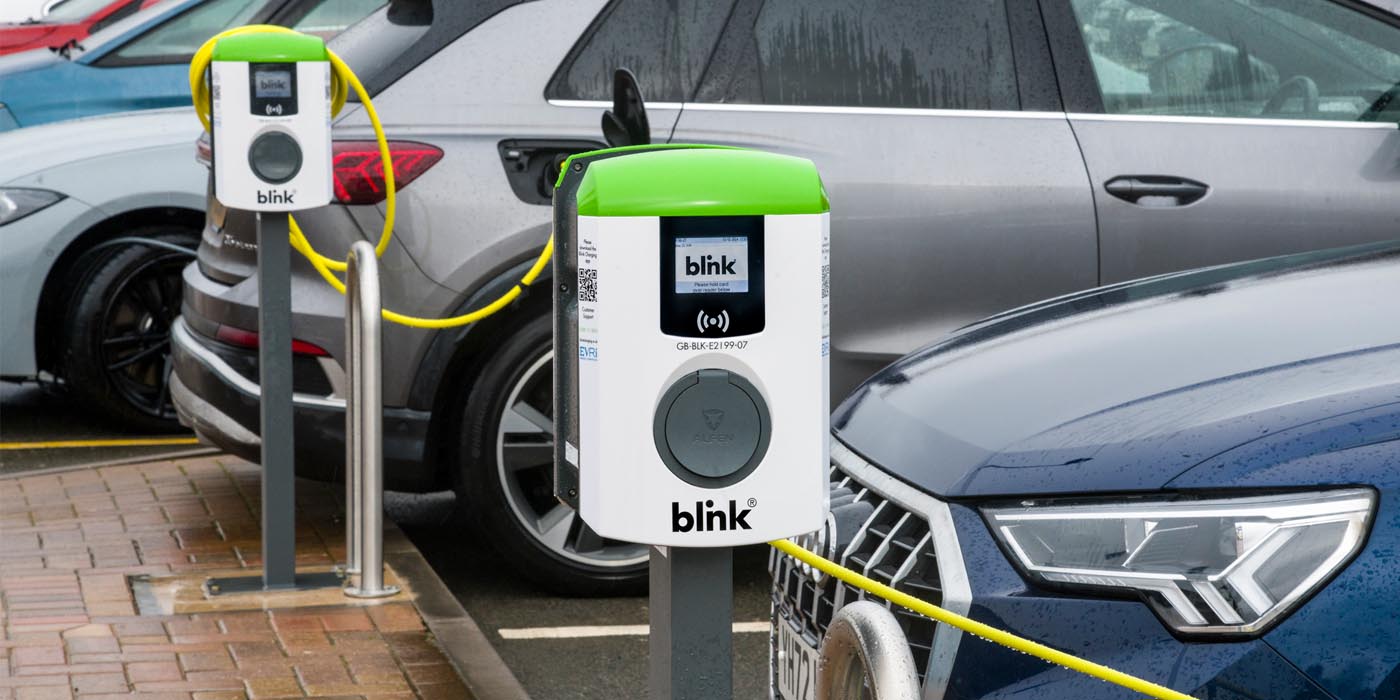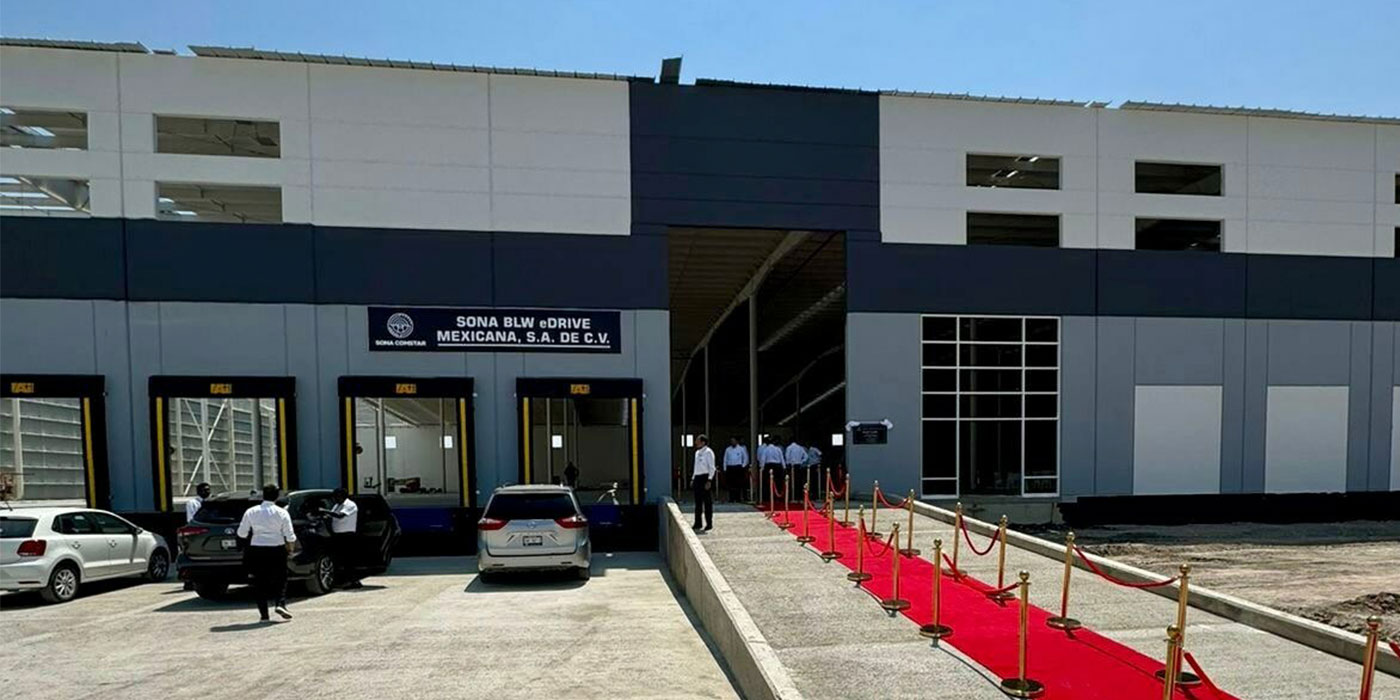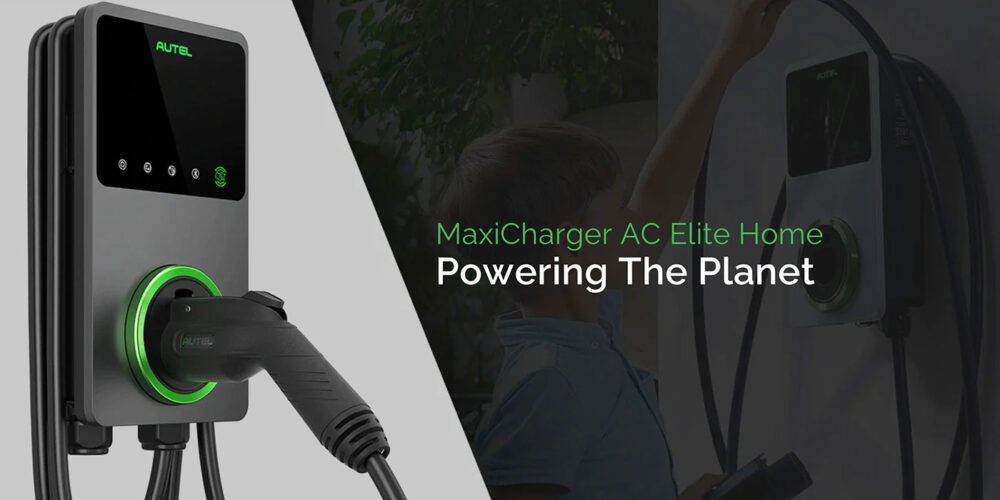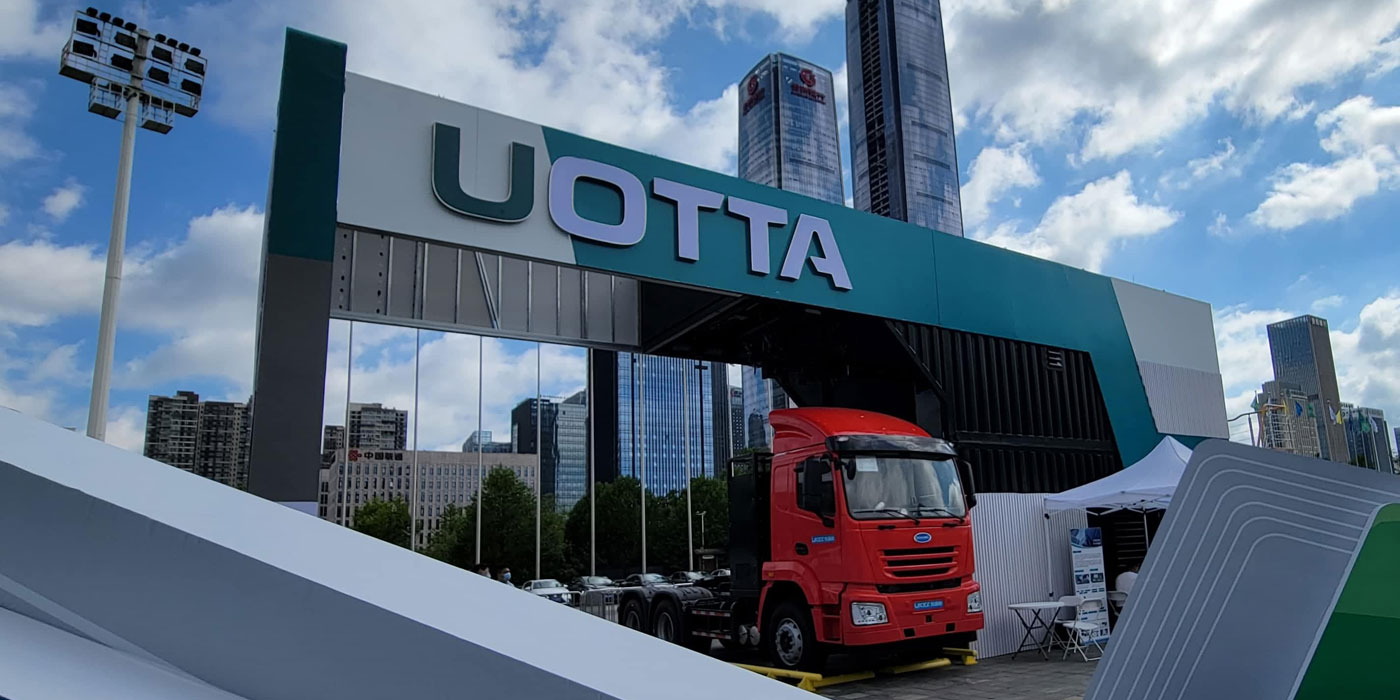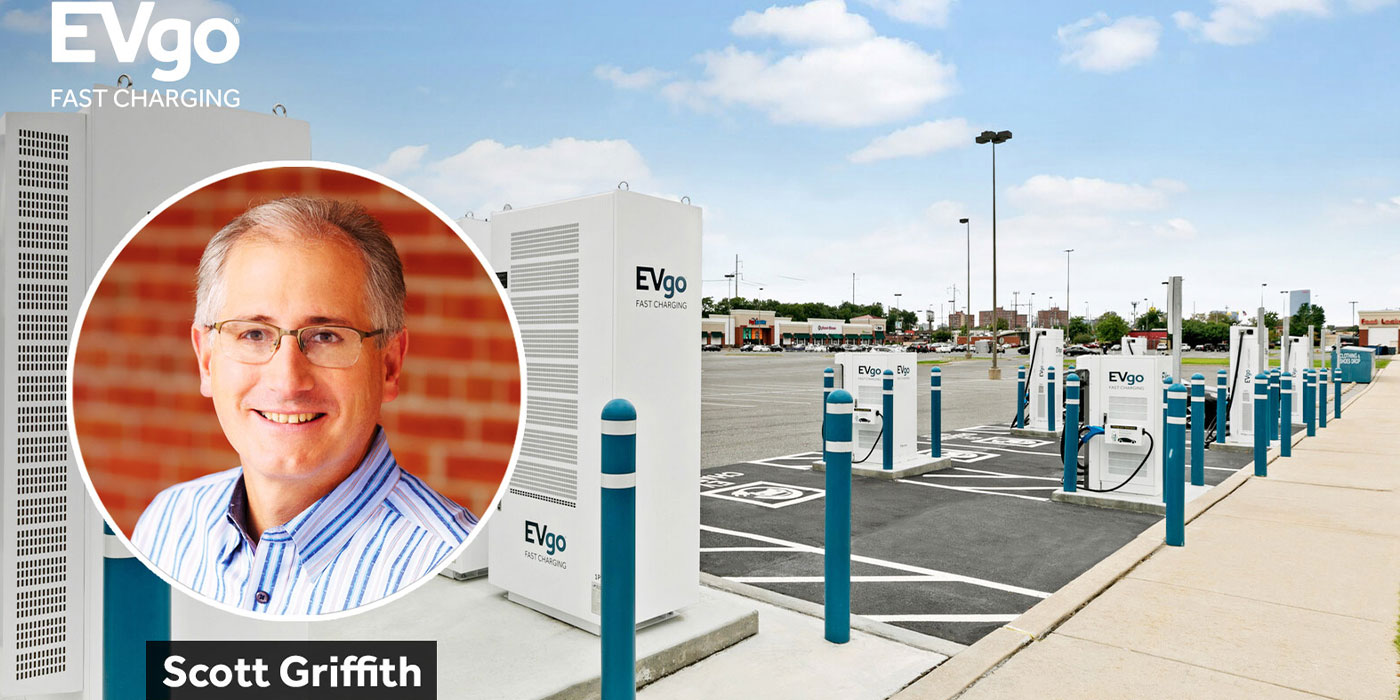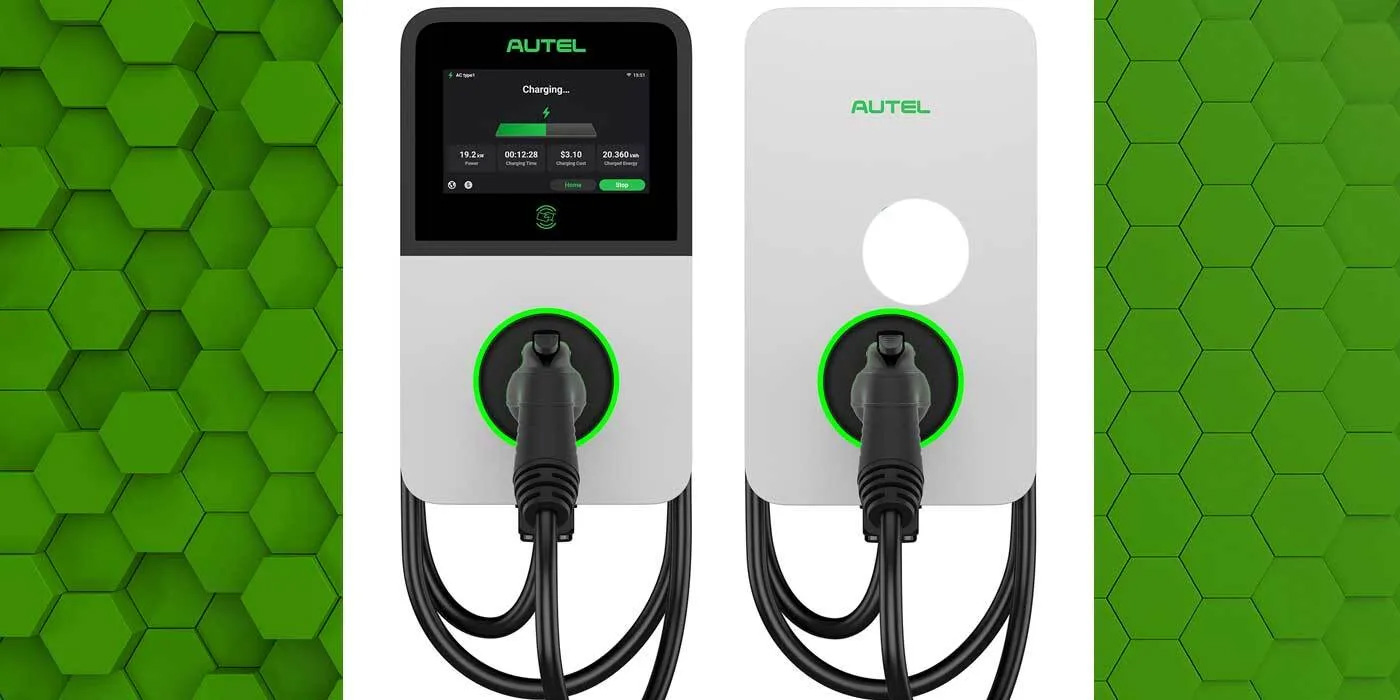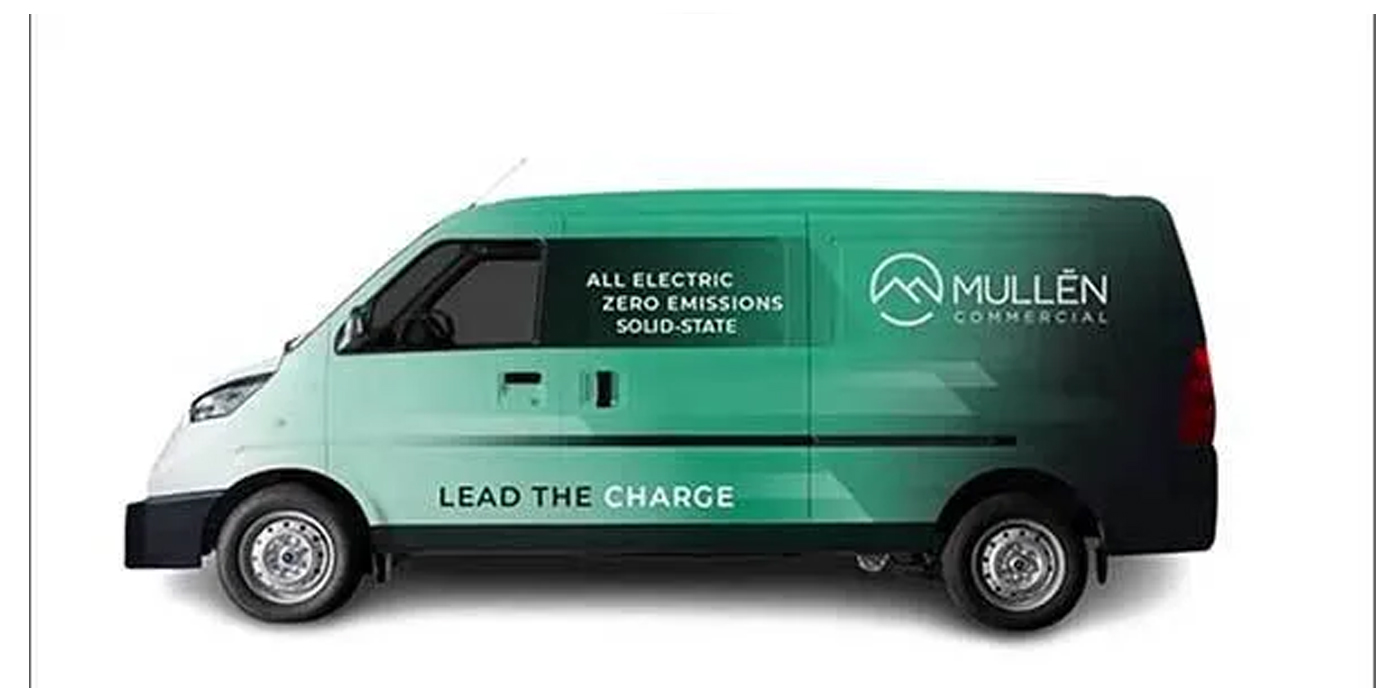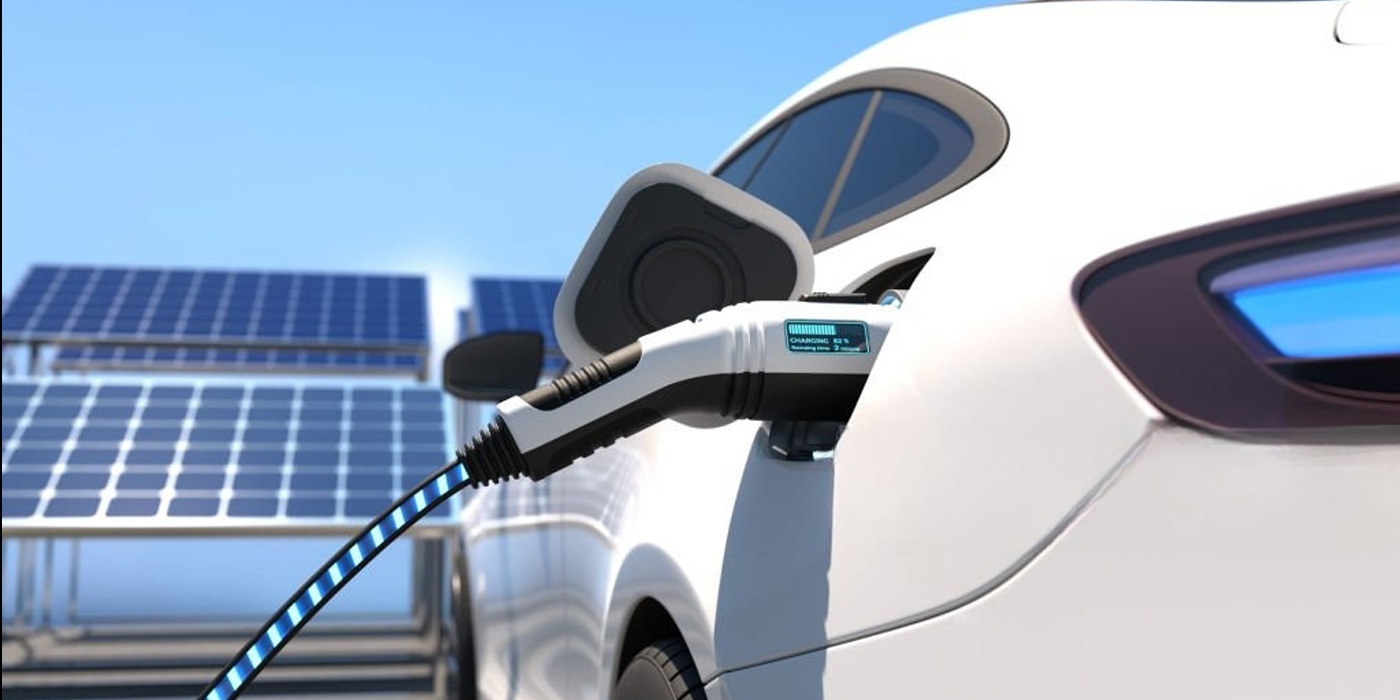In a collaborative effort to enhance safety measures and promote responsible handling of electric vehicle (EV) batteries, today at its 2023 Innovation Summit in Columbus, Ohio, the Suppliers Partnership for the Environment (SP) announced the publication of a new guidance document on Electric Vehicle (EV) Battery Safe Handling and Storage.
To address the proper management of EV batteries, the document succinctly summarizes some of the available resources, options and considerations related to handling of EV batteries after their removal from a vehicle, including topics related to 1) battery identification, 2) safety prevention, 3) thermal runaway, and 4), the roles of authorities. It also includes links to several relevant regulations and standards for those seeking additional information on the topic.
The document was produced through a collaborative process by a subcommittee of SP’s Responsible Battery Work Group who pooled their expertise and knowledge to prioritize EV battery safety. Co-chaired by Call2Recycle and Blue Whale Materials, committee members include automotive original equipment manufacturers (OEMs) including, General Motors, Honda Development & Manufacturing of America, Stellantis, and Toyota Motor North America, as well as companies engaged in the EV battery value chain such as, Cellblock FCS, Cirba Solutions, Circulor, Energy Security Agency, Labelmaster, Li-Cycle, and, ORBIS.
“We recognize that companies handling EV batteries after they are removed from vehicles might lack essential information and training to ensure safe handling. Similarly, individuals may unknowingly take risks in their sincere efforts to act responsibly. This guidance document serves to bridge this information gap in a rapidly evolving industry, where real-life case studies and best practices are limited,” said Jeff Haltrecht, executive at Call2Recycle.
The document is written with battery holders in mind, including vehicle dealerships, auto dismantlers and recyclers, independent garages, auto shredders, warehouse operators, transportation operators, tow truck operators and yard holders, first responders, aftermarket diagnostic sites, battery repurposers, and battery remanufactures.
“High-voltage batteries can present significant risks if mishandled and taking proactive steps such as developing a comprehensive emergency preparedness and fire prevention plan is key in mitigating those risks,” said David Fauvre, co-founder and chief strategy officer at Blue Whale Materials. “Items like appropriate PPE and tools and materials for thermal runaway identification, containment, and extinguishing play an important role in minimizing potential hazards as well. This document was designed to help educate others on some of the key safety prevention factors they may want to consider when handling EV batteries,” continued Fauvre.
Batteries referenced in the document include lithium-ion (li-ion) electric vehicle traction batteries for battery electric vehicles (BEVs), plug-in hybrid electric vehicles (PHEVs), and hybrid electric vehicles (HEVs) of light duty cars and trucks. Some of the guidance may be applicable to other types of lithium and nickel metal hydride (NiMH) batteries.
“Advancing best practice in the responsible management of electric vehicle batteries is a priority for SP and our member companies, particularly as the number of EV batteries reaching end of life begins to increase over the coming years. We sincerely thank the project co-chairs from Call2Recycle and Blue Whale Materials, along with each of our member volunteers, for leading this initiative and sharing their experience to help further educate others in the value chain on safe handling and storage of EV batteries,” said Kellen Mahoney, director at the suppliers partnership for the environment.


